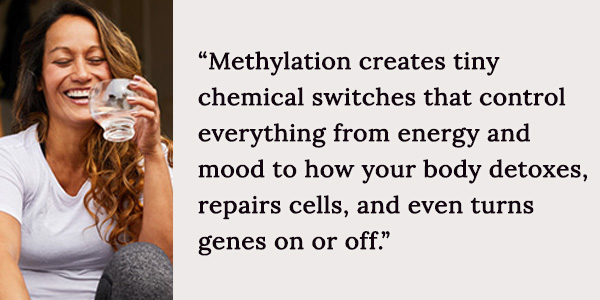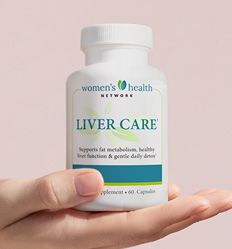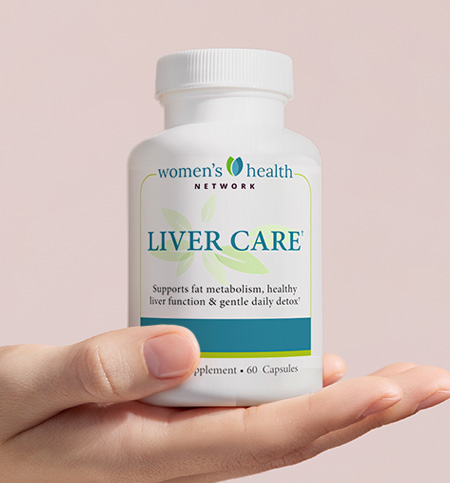Authored by Caroline Morin, NBC,HWC
Once upon a time we thought that a healthy weight meant a healthy body. Now we know that cellular function is a much better measure of health. One particular mechanism that determines cellular health, called methylation, has been getting a lot of buzz lately.

What is methylation?
Imagine your body has tiny switches that control everything from your energy and mood to how your body detoxes, repairs cells, and even turns genes on or off. Methylation is the process that flips those switches.
Put simply, methylation is your body’s way of adding a small chemical tag (called a “methyl group”) to things like DNA, hormones, and toxins to help them function properly. These tags act like tiny switches to control everything from your energy and mood to how your body detoxes, repairs cells, and even turns genes on or off.
Why do we care about methylation?
This process happens billions of times a second in every cell of your body, and it affects nearly every system in our bodies.
- Detoxification: Your liver uses methylation to process and remove toxins, chemicals, and even excess hormones like estrogen.
- Immunity: Methylation helps regulate the immune system, making sure it responds appropriately—fighting off invaders like viruses, but not turning on you in the form of autoimmune conditions.
- Brain and nervous system health: Methylation is essential for creating and breaking down neurotransmitters like serotonin, dopamine, norepinephrine, and melatonin. That means it influences mood, focus, sleep, and stress resilience.
- Fertility and pregnancy: Methylation supports healthy DNA expression and cell division, which are crucial in the earliest stages of fetal development. That’s why folate (in its methylated form, 5-MTHF) is so essential before and during pregnancy—it supports proper neural tube development and reduces the risk of birth defects. Methylation also affects egg quality, hormone balance, and even the long-term health of the baby.
- Metabolism and cellular energy: Methylation influences mitochondrial function and nutrient conversion. It helps your body maintain healthy blood sugar, regulate cholesterol, and repair cells—all essential to healthy aging.
When methylation isn’t working well, it can show up as:
- Low energy or fatigue
- Anxiety, low motivation, or brain fog,
- Trouble sleeping
- Slower detox pathways. You may feel fatigued, inflamed, or overly sensitive to alcohol, perfumes, or medications.
- Hormone balance may be disrupted and may result in estrogen dominance, PMS, or perimenopausal symptoms.
- Chronic inflammation, increased infection risk, and imbalances in white blood cell function.
Increased risk for chronic illness - Faster aging
Methylation and aging
Over time, as we age, our methylation patterns shift in predictable ways. One of the most exciting and precise ways to measure biological age is through an epigenetic methylation clock.
Scientists have identified specific locations on the genome where these changes correlate tightly with aging. By measuring the methylation at these spots, they can estimate someone’s epigenetic age.
There are now commercial tests (like TruDiagnostic, EpiAge, or MyDNAge) that analyze a saliva or blood sample and give you your biological age, and even how different lifestyle factors are affecting it, so you know how well you’re aging—not just how many candles are on your birthday cake.
Why does this matter?
- If your epigenetic age is higher than your actual age, it suggests accelerated aging—and possibly a higher risk of chronic disease, inflammation, or earlier death.
- If your epigenetic age is younger, it could mean you’re aging more slowly than average, likely due to healthy lifestyle choices like good sleep, consistent exercise, nutrient-dense eating, and low stress.
The good news?
Methylation can often be supported with simple changes—like eating leafy greens, getting enough B vitamins (especially methylated forms like methylfolate and methyl B12), reducing stress, and limiting alcohol. In fact, according to a Women’s Health Initiative Study, individuals with higher diet quality had significantly lower biological age, as measured by epigenetic aging measures, than individuals with poorer diet quality.
A science-forward view
It’s not always easy or even possible to get the nutrients our bodies need for optimal performance. That’s why for some people, a quality multivitamin is so critical. The ingredients in Essential Nutrients support healthy methylation in a number of ways.
- Folate (as 5-MTHF / Quatrefolic®) provides the methyl groups your body needs for the methylation cycle. Using 5-MTHF bypasses the MTHFR enzyme step that’s compromised in up to 40–60% of people with MTHFR SNPs, so it supports even those with genetic variations. It’s crucial for DNA synthesis, neurotransmitter production, detox, and reducing homocysteine.
- Vitamin B12 (cyanocobalamin) works alongside folate. It accepts methyl groups and helps convert homocysteine to methionine—a vital step in the methylation cycle.
- Choline & Inositol (Vitamin B8) Choline helps produce SAMe (S-adenosylmethionine), your body’s universal methyl donor. Inositol supports cell membrane integrity and neurotransmitter signaling—both indirectly connected to brain and metabolic health through methylation.
- Citrus bioflavonoids & Vitamin C These support antioxidant pathways that are tightly intertwined with methylation—especially as methylation helps regulate gene expression in response to oxidative stress.
- Zinc is needed for enzymes that drive methylation.
- Magnesium is a cofactor in over 300 enzymatic reactions—including ones in methylation, detox, and energy metabolism.
- Calcium also helps maintain vascular integrity and reduce inflammation, which may protect against methylation imbalances.
Methylation isn’t just a buzzword—it’s a vital process happening in every cell, every second, with far-reaching effects on how we feel, function, and age. When it’s working well, our bodies hum along: energy flows, hormones stay balanced, the brain stays sharp, and detox systems do their job. But when methylation falters, everything from mood to metabolism can suffer.
The good news? With targeted nutrients, smart lifestyle choices, and the right kind of support, you can optimize methylation—and in doing so, support whole health and graceful aging from the inside out.
Because health isn’t just about a certain body size or shape. It’s about living longer and staying vibrant, clear-headed, and resilient every step of the way.
References:
Bischoff-Ferrari, H.A., Gängler, S., Wieczorek, M. et al. Individual and additive effects of vitamin D, omega-3 and exercise on DNA methylation clocks of biological aging in older adults from the DO-HEALTH trial. Nat Aging 5, 376–385 (2025). https://doi.org/10.1038/s43587-024-00793-y
Reynolds, Lindsay M. et al. Diet Quality and Epigenetic Aging in the Women’s Health Initiative. Journal of the Academy of Nutrition and Dietetics, Volume 124, Issue 11, 1419 – 1430.e3
SHORT SUMMARY
Methylation is like your body’s ‘switchboard’—turning genes on and off, clearing out toxins, and keeping your brain, mood, and metabolism running smoothly.
Complete Women’s Health brand Essential Nutrients multivitamin gives your body the raw materials it needs to do that well. It includes the most usable form of folate (5-MTHF), which helps kickstart the methylation process—especially important for the 40%+ of women who can’t use the synthetic kind.
It also includes B12 and choline—two nutrients that act like teammates with folate to keep your body methylating efficiently.
And it doesn’t stop there—it’s got absorbable minerals like magnesium and zinc, plus antioxidant support from vitamin C and bioflavonoids. So you’re not just covering the basics—you’re actually supporting deep, foundational health.











